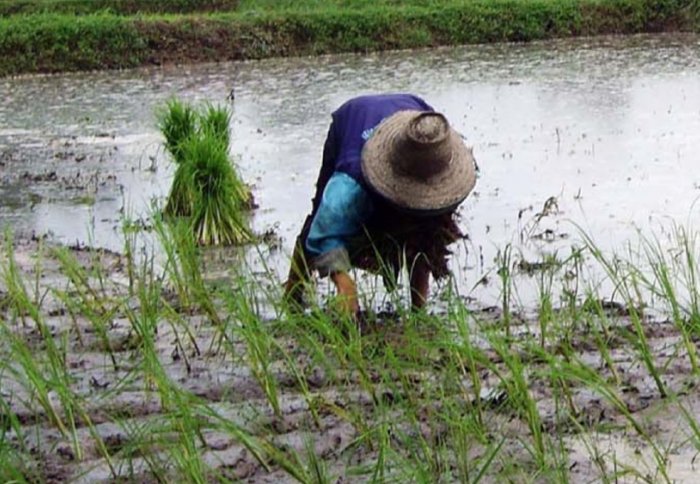Scientists discover vaccine candidate for melioidosis
by Sam Wong

Melioidosis is caused by bacteria that live in the soil in southeast Asia and Australia.
Researchers have identified a protein that triggers immune responses to the bacterial infection melioidosis, taking them a step closer to a vaccine.
Melioidosis is a major cause of hospitalisation and death in southeast Asia and northern Australia. Thousands of cases are diagnosed every year and around 40 per cent of infected patients die. People with diabetes are particularly at risk from melioidosis, making it a major public health concern in Asia, in light of the rapidly rising diabetes prevalence there.
In a five-year study, an international team led by Imperial College London analysed a number of bacterial proteins that could potentially stimulate the human immune system. People who survive the disease show stronger responses to the protein they studied, suggesting it has an important role in triggering the body’s defences effectively.
Melioidosis is caused by the bacterium Burkholderia, which is found in the soil and water supply of tropical countries. Many countries thought to be affected do not routinely test for this infection, so the true global disease burden is currently unknown. Closely related Burkholderia strains are also responsible for disease and mortality in patients in the UK with cystic fibrosis or immune deficiencies.
Scientists hope it will be possible to develop a vaccine that covers these different strains and could be used in both settings. To develop a vaccine, they need to identify antigens – components of the bacterium that are recognised by the immune system.
The new study, published in the Journal of Immunology, suggests that a protein called alkyl hydroperoxide reductase (AhpC) would be a strong vaccine candidate. When the bacterium gets into the human lung, it increases its production of AhpC to help it resist attack by the body’s first line of defence, the innate immune system. However, in doing so it makes itself a highly visible target to another part of the immune system, the T cells.
Parts of the protein can be recognised by T cells from people of diverse genetic backgrounds, which makes it a strong vaccine candidate.
Dr Rosemary Boyton from the Department of Medicine at Imperial College London, who led the project with Professor Daniel Altmann, said: “Melioidosis is probably underdiagnosed internationally. The bacteria are present in the soil in many places worldwide, so there is concern that this serious and often fatal infectious disease is underreported.”
“The study shows that immune responses to AhpC are greater in people who survive infection. Modulating these responses could be useful for developing a vaccine to protect people from this disease.”
The study was funded by the US National Institutes of Health (NIH), National Institute of Allergy and Infectious Diseases (NIAID).
Reference: C. Reynolds et al. ‘T Cell Immunity to the Alkyl Hydroperoxide Reductase of Burkholderia pseudomallei: A Correlate of Disease Outcome in Acute Melioidosis.’ J Immunol. 2015 May 15;194(10):4814-24. doi: 10.4049/jimmunol.1402862.
Article text (excluding photos or graphics) © Imperial College London.
Photos and graphics subject to third party copyright used with permission or © Imperial College London.
Reporter
Sam Wong
School of Professional Development